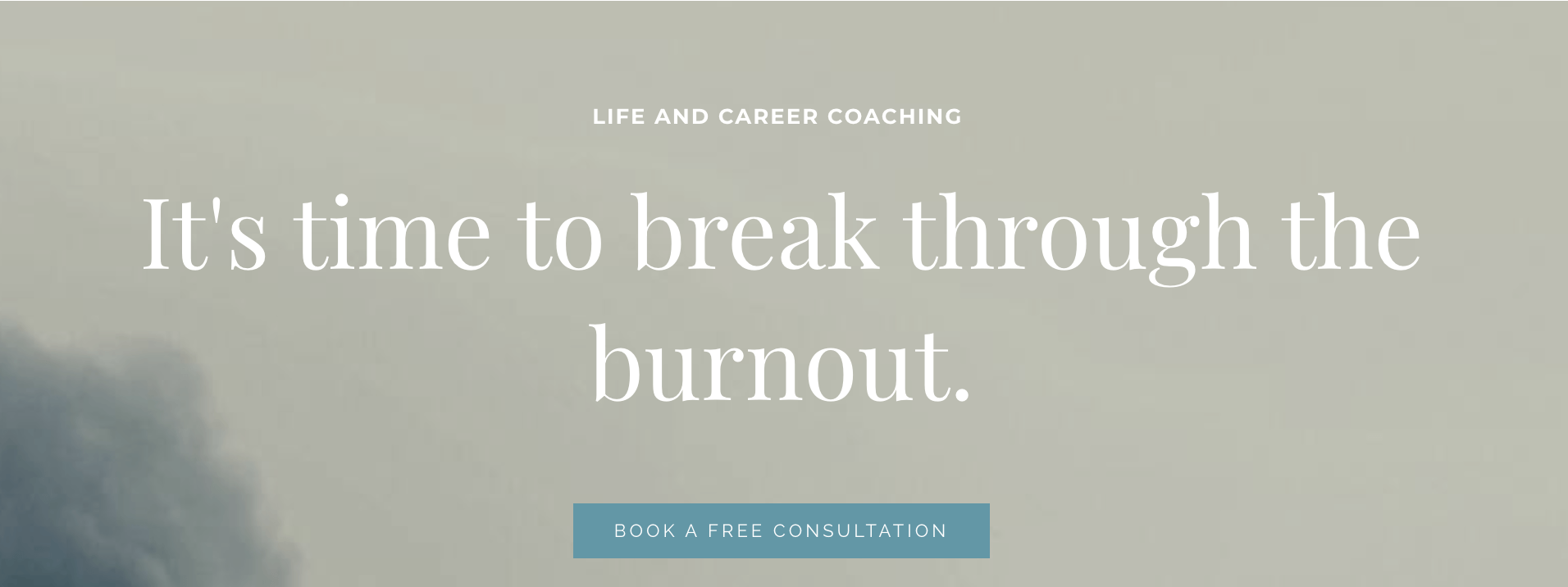4 min read
The Importance of Storytelling for Solopreneur Marketing
![]() Joe Rando
:
Jun 24, 2024 4:46:00 PM
Joe Rando
:
Jun 24, 2024 4:46:00 PM

To understand just how powerful storytelling is as a marketing tool, we need to go back at least 100,000 years.
What???!!!
Storytelling 100,000 Years Ago
Work with me here. Picture this. It’s 100,000 years ago. Imagine you’re an elder in a hunter gatherer tribe (you’re like 35 years old). You need convey important lessons that you’ve learned about surviving in this challenging environment. After all, you won’t be around much longer and you need them to remember these lessons and pass them on to future generations so your descendants can continue to survive, at least until the AI apocalypse.
How do you convey this information? Well, interoffice memos were out of the question; there was no paper (and no written language). You could spout list of rules to follow but there’s a good bet no one would remember all (or even any) of them.
No, your best bet was to make the ideas you wanted to convey into compelling stories and tell them to the younger people. If the stories were good, then they would be remembered and retold, and the tribe would continue to benefit from the wisdom gained by previous generations.
The tribes that didn’t do this likely didn’t survive to modern day.
There is evidence that stories of historical events were carried on for thousands of years using only verbal storytelling as some of the stories in this article describes. So the idea of stories being used to carry on knowledge for thousands of year before we developed writing is not far-fetched at all.
What I am saying is the human beings evolved to pass on knowledge and ideas via story.
And when a behavior is the result of evolution, you don’t want to go against it unless absolutely necessary. People want stories, people learn from stories, and people remember stories. So, what I’m saying is… USE STORIES.
You may be saying, “Come on Joe, I’m a freelancer / consultant / coach / solopreneur, not a novelist!” And you’re right. But you don’t need to tell long, involved stories. Ernest Hemingway once wrote a 6-word story:
For Sale: Baby shoes, never worn.
The idea here is to think story instead of essay.
Storytelling Hack: Open Loops
Open loops engage the reader to want to know more. This is a powerful way to create engaged readers, listeners, watchers, etc.
For example, how much more compelling is a blog that starts out:
I learned the secret of marketing not from a book or a video or a course but from a LinkedIn Post by Jay Acunzo. How could I learn the entire secret of marketing from a LinkedIn post?
Because the secret of marketing is that simple….
Compare that with the approach we usually take, starting off with:
I learned the secret of marketing from Jay Acunzo. He says the secret is:
1. Earn Trust
2. Inspire Action
In that order
In the first example I bet most people read to the end, or at least until the secret is revealed. In the second, depending on the quality of the subsequent content, fewer to none. By starting out with an “open loop” we gain people’s attention; they become intrigued. This gives us a chance to inform them while revealing the story.
Storytelling on Your Homepage
Look at your website, especially the Hero Section (the very top of your homepage that people see when they first land on your site). Does it begin to tell a story? Is there a hero in the hero, a guide, a problem, and a solution further down? Or does it just say your business name and what you do or maybe show your work.
You don’t have a lot of time to grab people’s attention when they land on your site (I’m talking seconds). They need to quickly see a story about them as the hero with a problem and you as the guide with a plan to solve their problems.
Let’s look at some real-world examples (some names changed to protect the guilty):
Website Mistake 1 – Featuring Your Work
Jennifer Ryerson Design
Jennifer’s hero is a portfolio page showing her work – logos, photos, product shots, etc. The work is good. But I have no idea who she works for or exactly what she does and doesn’t do. There isn’t even any <H1> text for Google to reference.
If I click on the About page, I get a sea of small text and buried are the following facts:
- Specializes in Senior Art Direction and Graphic Design
- Emphasis on foundations and nonprofit organizations.
- Skills are:
- Art direction
- Experiential design
- Advertisement design
- Print design
- Digital design
- Retail packaging
- Editorial design
- Exhibition design
Jennifer sounds absolutely amazing. And if I were a non-profit looking for help with art direction and graphic design, I would want to explore working with her. But I may never find her. If I were lucky enough to land on her page, I would probably click away in a few seconds since I would have no idea what she does.
Jennifer may have a reputation and get plenty of business by referral so she may not care about this. But many, many solopreneurs who don’t have a referral network feeding their pipeline make the mistake of featuring their work instead of their story on their home page.
Laura Sorensen
Now compare Jennifer to another art director / graphic designer, Laura Sorensen of AtelierLKS. (www.atelierlks.com) Her hero says:

I immediately see that I am the hero driving measurable results. Ooh, I want to measure results!
Laura is the guide giving me the “strategic” brand design. And what is that???
I’m intrigued.
I know right away that she does branding, knows how to measure the impact of her work, that she works for innovative companies, and that she does “strategic” brand design.
The rest of the home page is just as compelling.
Website Mistake 2 – Featuring YOU
Marion Devine - LifeCoach
While Marion’s hero has an <H1> tag, she wastes it on her name and credentials (LICSW). She then lists the things she does. There is no call-to-action in the hero. If you scroll to the bottom of the home page, you get an About Marion section that explains what she does and who she works for. This cannot be helping her much.
Maria Lemakis – Life Coach
Now let’s compare this to Maria Lemakis (https://www.marialemakis.com/). Her hero says:

If I’m a burnt out person, this starts a story for me. I want to break through the burn out but how? Maria seems to know. The rest of the homepage introduces Maria as the guide and what she does along with some social proof.
I’m interested.
Many More Examples
I could show examples of storytelling being more effective in almost any aspect of marketing from podcasts to social media posts. But hopefully you get the idea without me having to list every one of them. After all, I have a business to run too!
So go tell a story.
THE BUSINESS HELP YOU WANT TO BE DELIVERED TO YOUR INBOX.
Posts by Tag
- Featured (28)
- Focus (10)
- Solopreneur Health and Wellness (10)
- Productivity (9)
- Increase Money, Not Hours (8)
- Marketing for Solopreneurs (7)
- solopreneur success cycle (7)
- Goals (6)
- Independent Contractors (6)
- Inspiration (6)
- Planning Your Business (6)
- Community (3)
- Self-Care (3)
- Success (3)
- storytelling (3)
- Legal (2)
- Motivation (2)
- Relationship Building (2)
- Stress (2)
- Collaboration (1)
- Finance (1)
- Leadership (1)
- Mindfulness (1)
- Project Management (1)
- Solopreneur Challenges (1)
